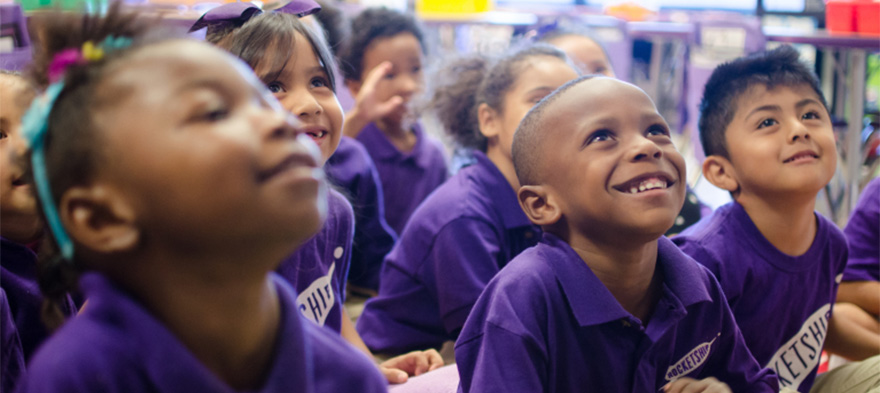
Aug 31, 2016 12:00:00 AM
Preston Smith is co-founder and CEO of Rocketship Education, a non-profit network of public elementary charter schools serving low-income communities in California, Tennessee, Wisconsin, and Washington, D.C. He began his career as a teacher, later becoming a principal in San Jose, California. Preston graduated Phi Beta Kappa from the University of North Carolina at Chapel Hill, earned a master’s degree in educational leadership and administration from San Jose State University and is an Aspen New Schools Fellow. He lives in San Jose with his wife and two children who attend Rocketship Fuerza Community Prep.
The story you tell yourself about your own math ability tends to become true. This isn’t some Oprah aphorism about attracting what you want from the universe. Well, I guess it kind of is, but...
If you have a child with disabilities, you’re not alone: According to the latest data, over 7 million American schoolchildren — 14% of all students ages 3-21 — are classified as eligible for special...
The fight for educational equity has never been just about schools. The real North Star for this work is providing opportunities for each child to thrive into adulthood. This means that our advocacy...
Your donations support the voices who challenge decision makers to provide the learning opportunities all children need to thrive.
Ed Post is the flagship website platform of brightbeam, a 501(c3) network of education activists and influencers demanding a better education and a brighter future for every child.
© 2020–2024 brightbeam. All rights reserved.
Leave a Comment